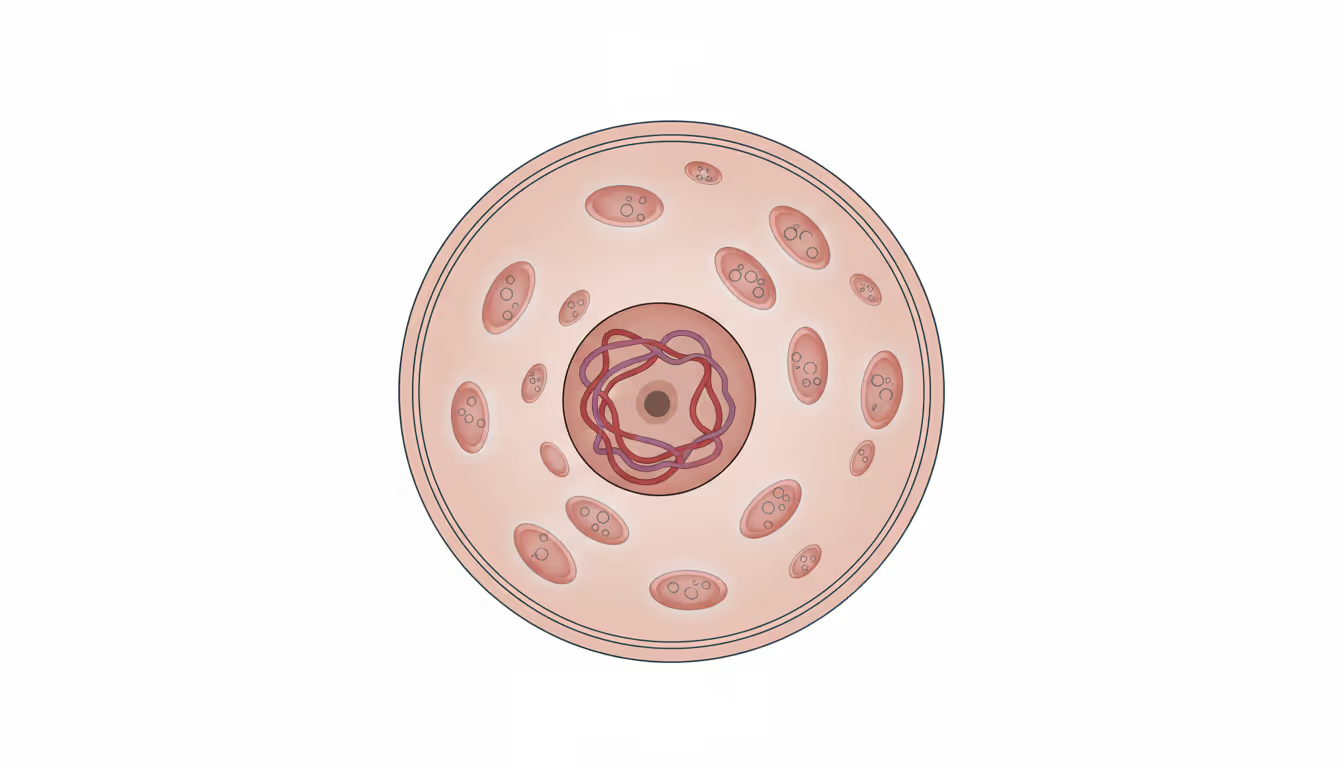
Mitochondrial DNA depletion syndrome (MDS or MDDS) is among several disorders marked by a reduction in mitochondrial DNA levels in the tissues of the body. Mitochondria are cell structures essential for transforming food into a usable energy form, and they contain a small amount of DNA, although the majority of a cell's DNA is located in the nucleus. MDDS is a genetic disorder that is inherited and transmitted to the next generation. The syndrome is typically fatal during infancy. There are various types of the condition: the myopathic form affects the muscles, the hepatopathic form impacts the liver, and the encephalomyopathic form affects both the muscles and brain. This disorder received considerable media attention in 2017 due to the case of Charlie Gard, a boy in the UK who was born with the condition.




